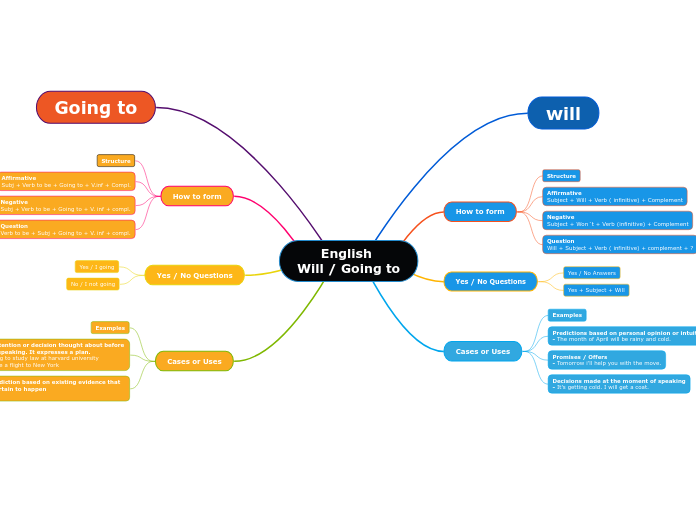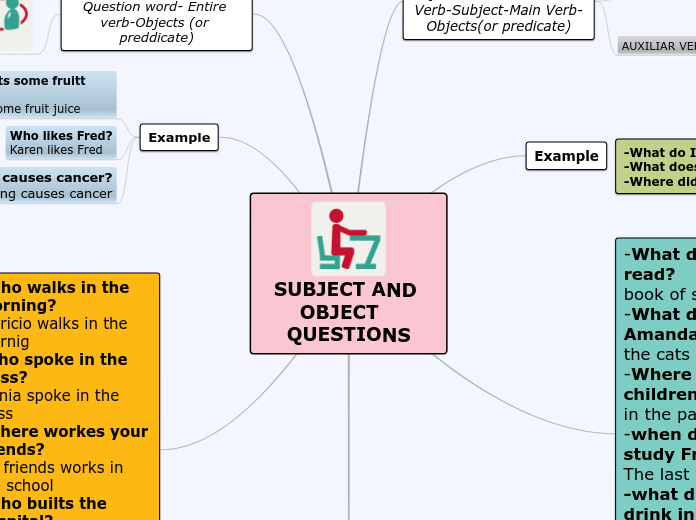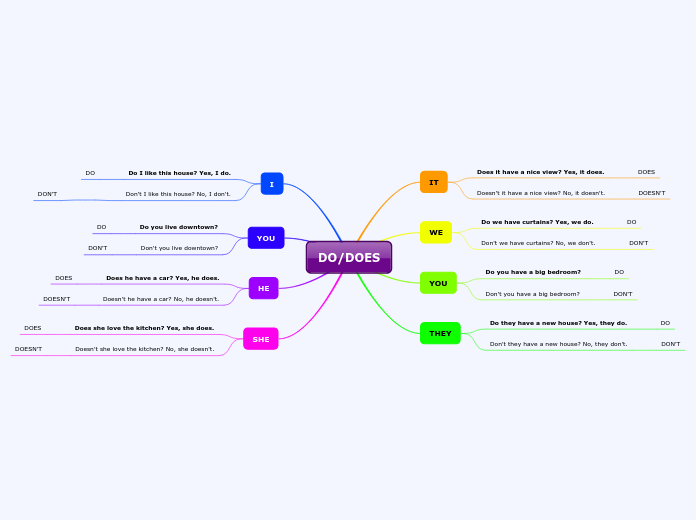arabera elizabeth liz 3 years ago
1200
English Will / Going to
English grammar distinguishes between "will" and "going to" for expressing future events, each with specific structures and uses. "Will" is often used for spontaneous decisions, promises, and predictions based on personal intuition.









